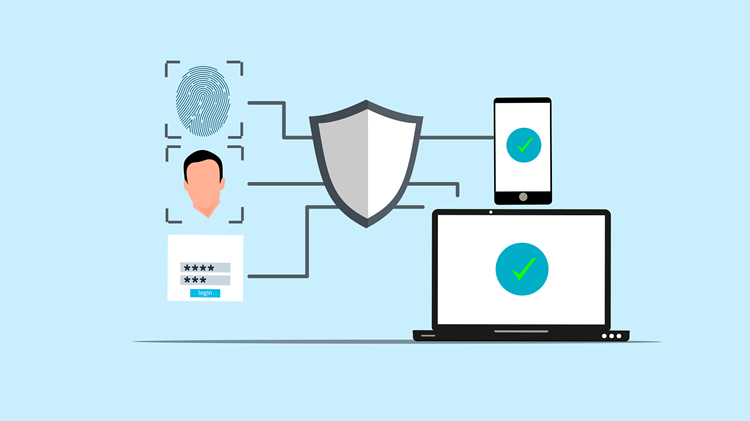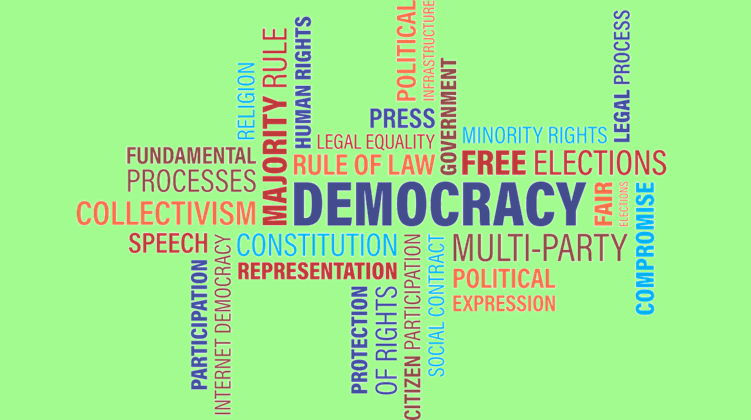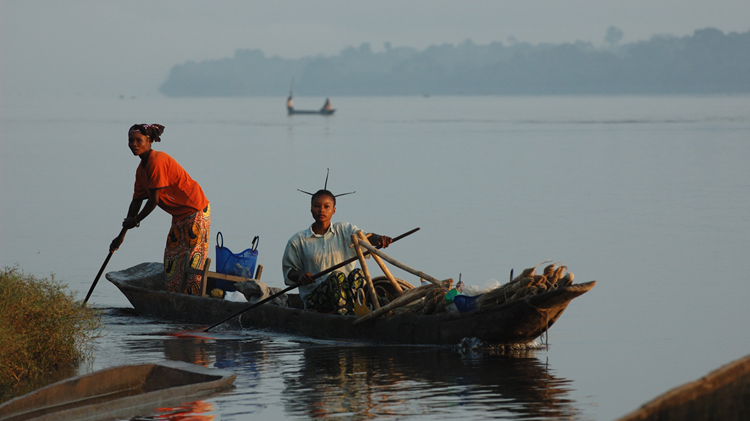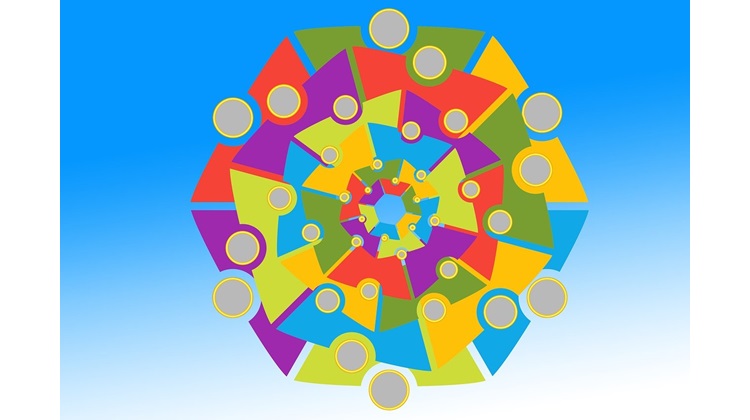Rising digital surveillance threatens Africa’s democratic progress
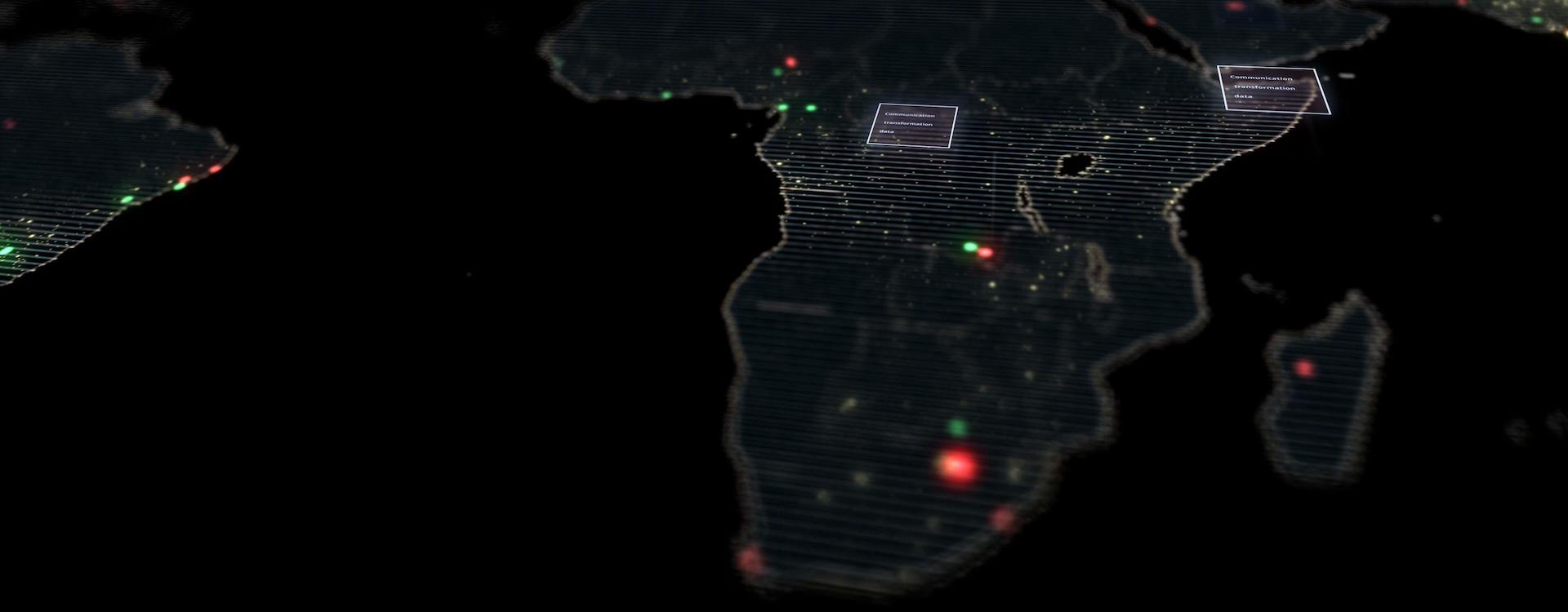
Self-serving governments are ignoring laws and bypassing weak institutions in their embrace of new technologies for social control.
Africa is undergoing a digital revolution. The United Nations estimates that around three-quarters of the continent’s population will have internet access by 2030 compared to 20% in 2020. Greater connectivity and data collection will accelerate both national development and the economic integration sought by the African Continental Free Trade Area, spurring homegrown innovation and job creation along the way.
However, a latent downside is the risk of rising digital authoritarianism. A growing number of incumbent regimes already use internet restrictions to silence dissent and pre-empt democratic mobilisation.
Meanwhile, ever more sophisticated surveillance tools, powered by artificial intelligence (AI), are being acquired by Africa’s autocracies from foreign states and commercial companies. And where privacy laws exist, the authorities tasked with upholding legislative guardrails against state intrusion are typically denied the resources and clout necessary.
A joint study released in 2021 by the Institute of Development Studies and the African Digital Rights Network details how the governments of Egypt, Kenya, Nigeria, Senegal, South Africa and Sudan have recently used digital surveillance to illegally monitor their citizens. Frequent targets included journalists, activists, judges, political opposition leaders and other elements of civil society. In several of these cases, it reflects the habit of Africa’s strongmen and autocratic ruling parties to falsely conflate criticism of their governance failures with destabilising attacks against the state itself.
Three-quarters of the continent’s population will have internet access by 2030 compared to 20% in 2020
According to the researchers, persons of interest were tracked ‘with impunity’ by government actors. This generally occurred by accessing their internet search history and cellphone records or capturing their day-to-day movement through AI-enabled visual recognition tools coupled with closed circuit television cameras and licence plate readers.
The primary source of this equipment has been China, where the country’s Communist Party has created the world’s pre-eminent surveillance state. Beijing’s Orwellian tools of social control are now being exported to clients abroad, including in Africa, as part of China’s Digital Silk Road initiative. The programme offers loans, equipment and technical expertise to developing countries to help them build their digital ecosystems.
Over the past two decades, China has issued $160 billion in debt across nearly 1 200 loans to African governments and their state-owned enterprises. Information and communications technology has been the fourth highest investment target during this period, behind the transportation, energy and mining sectors.
This has opened up a vast new data frontier for Chinese tech firms such as CloudWalk, Dahua, Hikvision, Huawei and ZTE to exploit. More than two dozen African countries have already signed up for Chinese companies to begin delivering ‘smart’ government service and data solutions. For example, Chinese cyberspace authorities reportedly consulted government officials in Nigeria about building that country’s own internet firewall less than 12 months after the #EndSARS movement in late 2020 triggered mass protests and broad condemnation of Nigeria’s political class.
Africa’s strongmen and autocratic ruling parties falsely conflate criticism of their governance failures with destabilising attacks against the state itself
This presents African countries with an additional risk: Communist Party law requires private Chinese companies to assist with state intelligence gathering if requested by Beijing. So even if data is stored locally, if the underlying technical infrastructure is provided by Chinese companies, African governments may not retain sovereignty over citizens’ data.
But Beijing is not the only source providing African governments with powerful means of digital repression. The evolution of commercial spyware – which has grown into an estimated $12 billion global industry – has not gone unnoticed by Africa’s state intelligence agencies.
Developed and marketed initially in the 2010s as so-called lawful intercept tools to apprehend criminals and terrorists, invasive stealth hacking programs such as Pegasus software can be remotely installed on a target subject’s device surreptitiously. Thanks to what’s known as zero-click capability, the most advanced spyware today no longer requires a user to click on a malicious link or respond to a phishing attempt for their device to become infected.
The software strips away almost all privacy and security features including encryption protections. While the spyware is activated, operators can steal images, passwords, files, and data, listen in on calls, adjust settings, hijack audio and video recording functions, infiltrate messaging and email accounts, activate location tracking and more.
Zero-click capability, the most advanced spyware today no longer requires a user to click on a malicious link or respond to a phishing attempt for their device to become infected
Produced by the Israeli NSO Group, the use of Pegasus spyware and similar products from cybersecurity firms based in Western countries, such as France, Germany, Italy and the United Kingdom, has been documented extensively across Africa. A database compiled by researchers from the Carnegie Endowment for International Peace, a think tank, details how government actors have targeted rights activists in Angola, Morocco and Rwanda, reporters in Togo, and journalist sources in Botswana. They’ve also targeted opposition figures in Ethiopia, Ghana and Gabon, American diplomats in Uganda and countless others.
At least 45 African countries are also rolling out biometric ID systems, with the support of $1.2 billion from the World Bank. These systems can have great upside by enhancing the delivery of social grants, government services and healthcare. However, watchdog groups such as New York-based ID4Africa warn about the potential for these systems to leverage personal data to persecute minority groups for political gain.
All of this comes as the evident desire for greater democratic norms and freedoms among Africa’s citizens diverges from the anti-democratic priorities of many of its leaders. Analysis of survey findings released in January from polls conducted by Afrobarometer across 34 African countries from 2019-21 suggests a large majority of the continent believes that ‘the military should stay out of politics, that political parties should freely compete for power, that elections are an imperfect but essential tool for choosing their leaders, and that it is time for the old men who cling to power to step aside.’
Finding ways to push back against online surveillance and digital authoritarianism is therefore vital to preserve the gains of Africa’s post-colonial democratic progress. This is especially true given the impending deluge of AI-powered propaganda expected to distort digital public spheres using low-cost generative AI programs like ChatGPT, Midjourney and others.
Finding ways to push back against online surveillance and digital authoritarianism is therefore vital to preserve the gains of Africa’s post-colonial democratic progress
Greater checks and balances on authorities’ ability to monitor citizens are needed. One way would be for civil society groups to pressure policymakers to focus on strengthening domestic data protection laws and agencies. These only exist in roughly half of African countries.
Compounding this void of accountability is that the African Union’s Convention on Cyber Security and Personal Data Protection has been ratified by just 14 out of 55 countries despite being adopted nearly a decade ago. Procurement policies for the use of AI-enabled technologies by public sector entities – tools that can indeed deliver tremendous economic and social benefits – should be made more transparent as well, through enhanced regulation and reporting requirements.
The rise in digital surveillance is not unique to Africa. In its annual report on online freedoms released last year, US-based watchdog group Freedom House notes that digital liberty is under threat by authoritarian actors worldwide.
Yet, according to Freedom House, the expansion of internet freedoms in at least 28 countries recently has been based on a proven combination of four interrelated tactics. These include pressuring tech companies to reject unreasonable state requests for suspending users’ accounts and petitioning courts to intervene against heavy-handed attempts at censorship.
Lawmakers who put democratic rights and digital freedoms at the centre of their campaigns should also be rewarded with electoral support – the hope being that, once in office, they advocate for a positive vision for the internet’s future in multilateral settings.
Veteran observers rightfully point out that democracy alone is not a solution for Africa’s development challenges. But as the continent’s nations build out their digital capacities in the coming years, these newfound capabilities should not enable regressive regimes to stymie the political aspirations of their people.
Image: © Ashish kamble / Alamy Stock Photo

